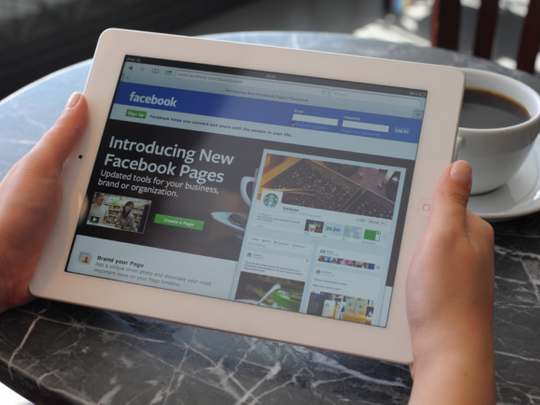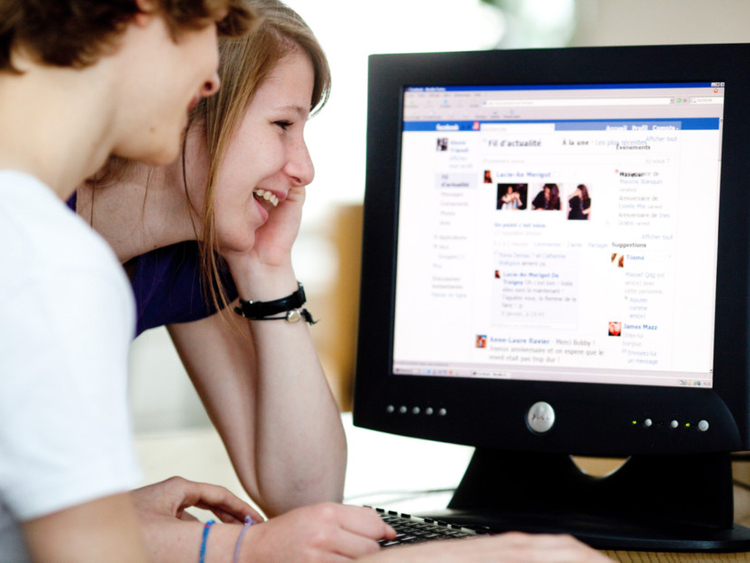
Dubai: When it comes to friends, it is more about quality than quantity.
In this technology-driven world, most people can claim they have hundreds or thousands of friends through social media sites such as Facebook. However, the real question remains: how many of these so-called friends can be relied on in a time of need?
According to a study by Oxford University psychology professor Robin Dunbar, less than a handful of those Facebook friends can be counted on during tough times.
Dunbar studied the results from 3,375 Facebook users between the ages of 18 and 65 in the UK. He found that the users had an average of 150 friends, of which 4.1 were dependable and 13.6 expressed sympathy during an emotional crisis.
The psychology professor is also known for coming up with ‘Dunbar’s number,’ which theorises that people can maintain only 150 stable relationships.
“In this study, the sizes of the two inner friendship circles did not differ from those previously identified in offline samples,” said Dunbar in his research. He explained that respondents who had unusually large networks did not increase the numbers of close friendships they had, but rather more loosely defined acquaintances in their friendship circle.
Since the launch of Facebook in 2004, people have found alternative ways to communicate and stay in touch.
However, Dubai Licensed Clinical Social Worker Farah Dahabi believes that the definition of friendship has changed along the way - and not necessarily for the better.
“This study highlights how the very definition of friendship has evolved due to social media. I do not believe an individual can maintain 150 high-quality relationships — with the give and take, care and concern, that are all part and parcel of true relationships,” she said.
The number of close relationships people are likely to have largely depends on how they take care of those relationships.
If you have more people you can depend on than the fingers on your hand (five), that is an above average amount, said Dahabi. “I will go even further to say that most people aren’t even able to maintain their very close relationships. Families are struggling, marriages are falling apart, children feel abandoned or neglected under the pressures of 21st century living,” she said.
While people may be wondering how many real friends they have, Dahabi believes they are asking themselves the wrong question. “Instead of asking how many friends I can really depend on, it is important to ask “how many friends can depend on me?” she said.
Dahabi added that research shows that being a friend contributes more to our physical and psychological well-being than having a friend. This means reaching out to others, hearing their personal feelings and sharing ours, and making a commitment to spend time connecting.
So why do some people still compete to have the bigger number of virtual friends?
“For some, having a high number of Facebook friends is often related to popularity and an increased feeling of social acceptance. For others, the number of Facebook friends really just represents the number of people who have virtually accepted and allowed them to be a voyeur into their social media account,” explained Dahabi.
Where distance once meant severed and stressed relationships, the virtual world has created a global platform to make and maintain friends, pointed out Dahabi. “Still, we must do more than simply scroll through our newsfeeds to foster our friendships,” she said.





